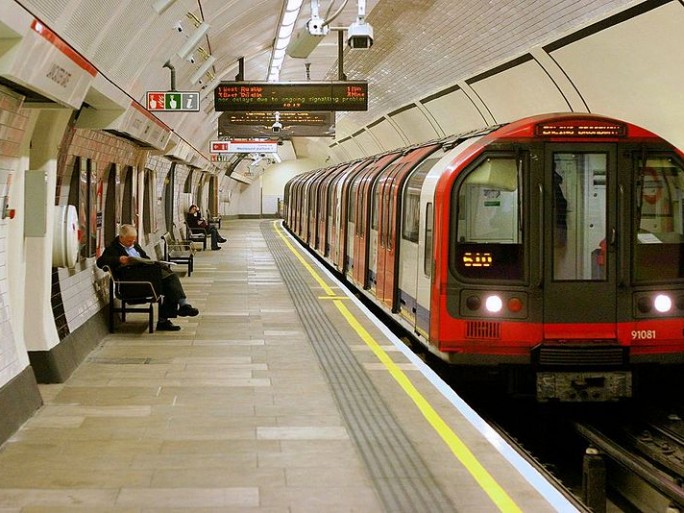Open Data For Social Good: The Case For Better Transport Services

ANALYSIS: Martin Howell from Cubic Transportation Systems explores how open data can transform urban mass transit
How would this work? It’s common knowledge that a lot of commuters drive to work every day, but so far those individuals have remained largely anonymous, except where congestion charging exists.
From a city’s and transport service perspective, urban driving is socially exclusive and undesirable – leading to congestion, pollution and road accidents.
In a scenario where the commuter willingly gives up some information, the city or the responsible body would be able to get in touch with habitual urban drivers and encourage them to take on a more socially responsible travel behaviour – by pooling with other commuters travelling in the same direction or swapping the car for a train once a week, and offer a reward in return.
Passenger benefit
 A reward system like this could be set up according to individual needs – it could mean money off the next season tickets, shopping vouchers, or a discount on the next MOT. The system would recognise people’s contributions too.
A reward system like this could be set up according to individual needs – it could mean money off the next season tickets, shopping vouchers, or a discount on the next MOT. The system would recognise people’s contributions too.
Those most flexible and most willing to adjust, would be rewarded the most. In some cities such schemes are already in operation – Dallas for example offers those who practice car-pooling a dedicated travel lane, allowing them to escape traffic and enjoy a congestion-free journey to work.
For consumers the benefits would be threefold. It would give them satisfaction in the form of social good, it would get them to their destination most cost effectively, and it would reward them for the most socially responsible choices. For the city, the win would be equally significant – less pollution, less congestion, less frustration, reduced economic loss as people get to work on time and even more consumer trust.
Transportation is just one example where opening up data feeds brings benefits to the industry and individuals alike. For transport authorities it would mean making our cities more liveable, as populations grow.
It’s not a scenario from a distant future either – all the capability needed to deliver this is here now, solutions that could deliver it already exist. Success will come from technology providers being willing and capable to work together and with legacy systems, combined with a visionary approach and mind-set at city government level.
Quiz: What do you know about transport technology?